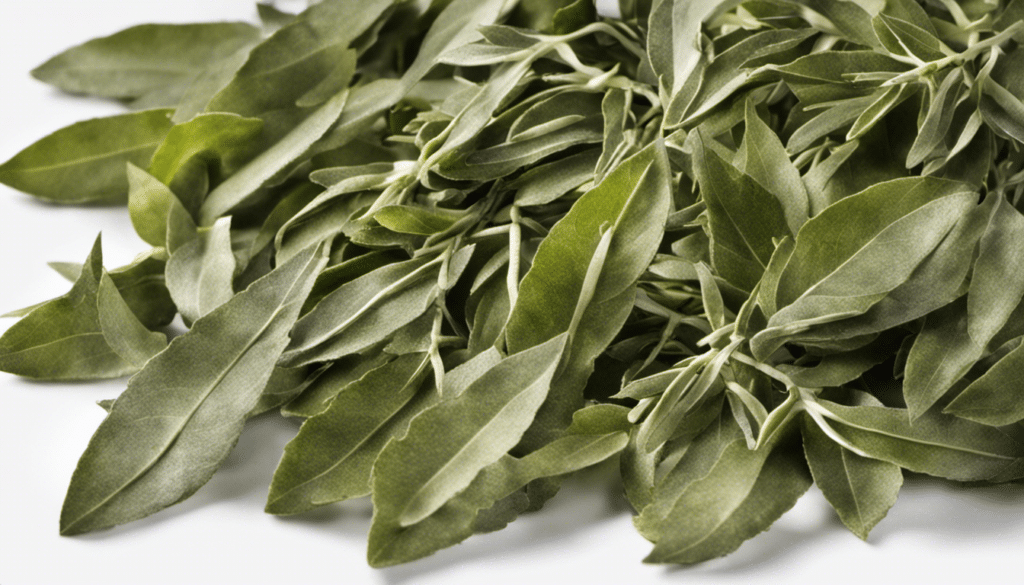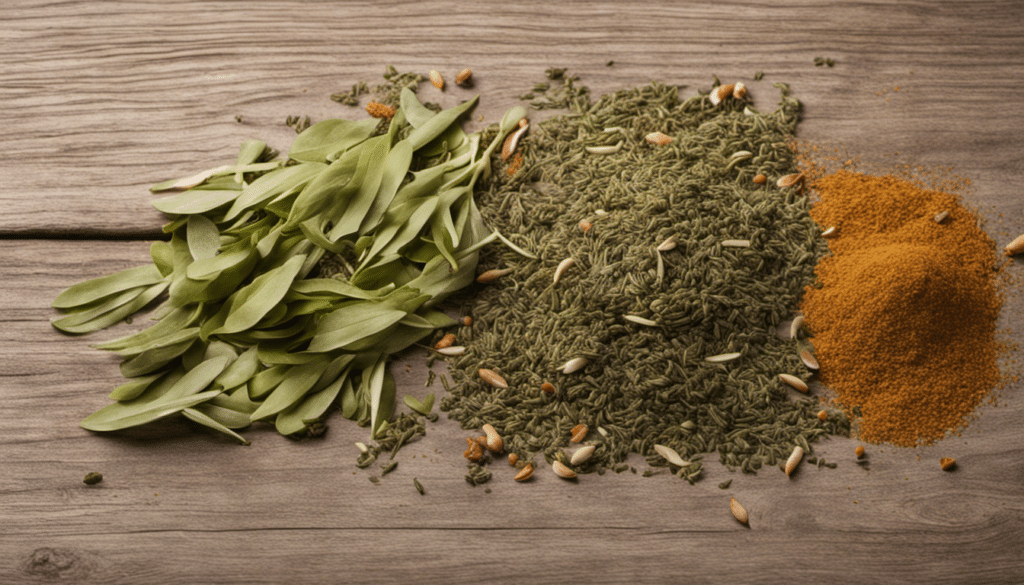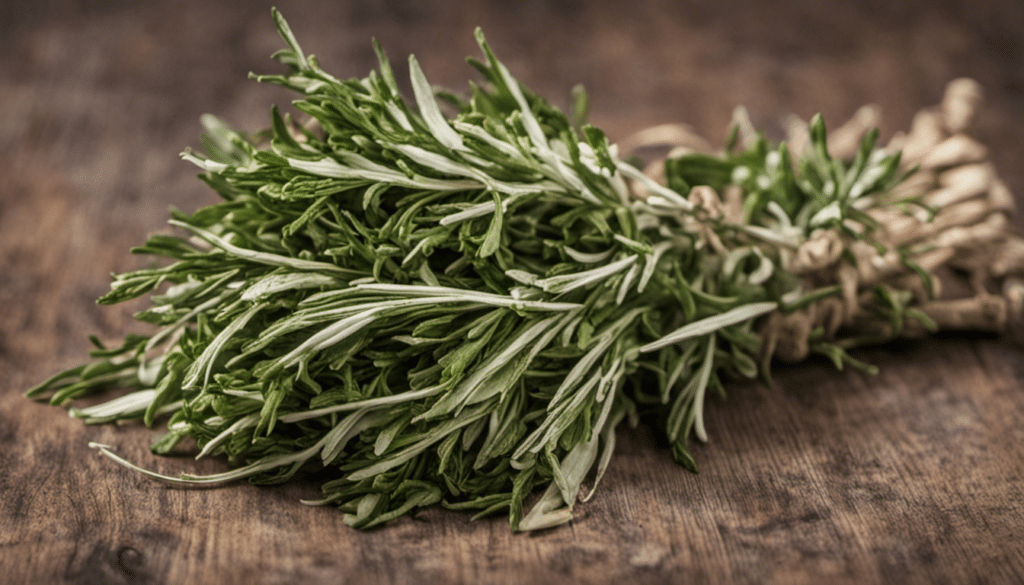Everything You Need to Know About Stone Parsley
An Overview of Stone Parsleys
Stone Parsleys, also known as Seseli libanotis, Moon Carrot, or Hartwort, are types of herbs that are commonly found in Europe and parts of Asia. Known for their feather-like leaves and clusters of tiny white flowers, Stone Parsleys are embued with a rich folklore in various cultures.
Historically, Stone Parsleys have long been esteemed by people from different walks of life. Ancient healers incorporated these herbs into remedies addressing a range of health concerns, while farmers often used them as fodder for their livestock. Today, Stone Parsleys are primarily valued for both their culinary and medicinal properties. Research has shown that this unique herb can contribute to one’s health in numerous ways, which we will delve into further down.
Origins and Distribution of Stone Parsleys
The Stone Parsley is predominantly native to the European continent where it thrives in chalky soil or limestone terrain, hence the name. It can be commonly found in the wild along roadsides, in meadows, and on rock-strewn hill slopes. This herb species, however, is not exclusive to Europe. The Stone Parsley has a certain level of adaptability that has enabled it to extend its spread eastward, reaching parts of Asia. More information on Stone Parsley’s habitation can be found in this comprehensive study by the Royal Botanic Gardens, Kew.
Health Benefits of Stone Parsleys
Despite being lesser-known than its cousin, the regular parsley, Stone Parsleys are a powerhouse of nutrients offering a myriad of health benefits. Packed with essential vitamins and minerals, including Vitamin C, calcium, iron, and antioxidants, these herbs serve as far more than just a flavor enhancer in recipes.
One of the outstanding qualities of Stone Parsleys is their diuretic property. They aid in flushing out toxins and excess fluid from the body, thus helping maintain optimal kidney function. Additionally, Stone Parsleys also exhibit anti-inflammatory effects, which makes them a valuable addition to any natural remedy toolkit for conditions such as arthritis, gout, and even menstrual discomfort.
On a side note, while Stone Parsleys are generally safe for consumption, care should be taken if you’re pregnant, breastfeeding, or dealing with certain medical conditions. As always, it’s best to consult with a healthcare professional before incorporating new herbs into your diet.
Stone Parsley Recipe Ideas
- Stone Parsley and Herb Roasted Chicken
- Homemade Stone Parsley Pesto
- Stone Parsley Vegetable Soup
- Grilled Fish with Stone Parsley Butter
- Stone Parsley and Lemon Roasted Potatoes
- Stone Parsley infused Olive Oil
- Roasted Vegetables with Stone Parsley
- Stone Parsley and Garlic White Pizza
- Mediterranean Pasta with Stone Parsley
- Stone Parsley and Tomato Bruschetta




